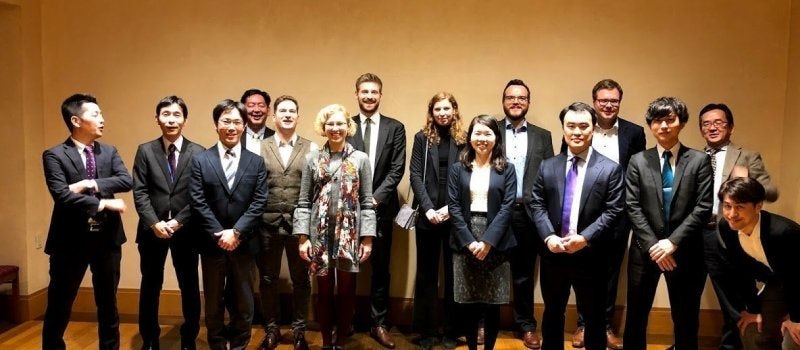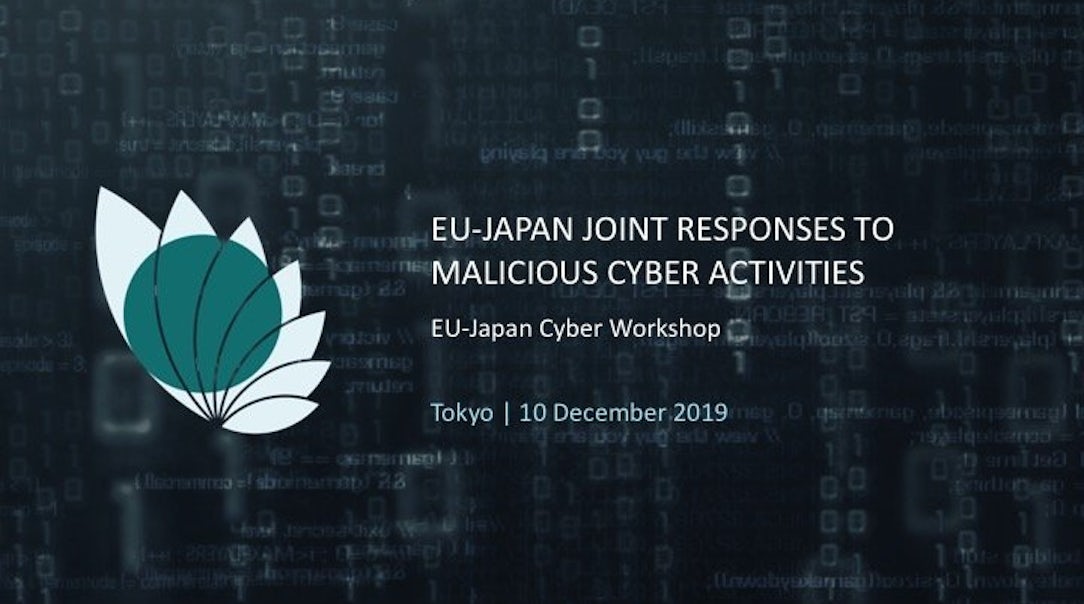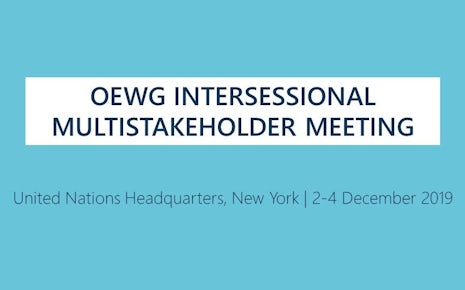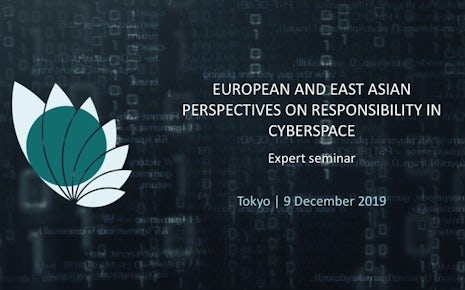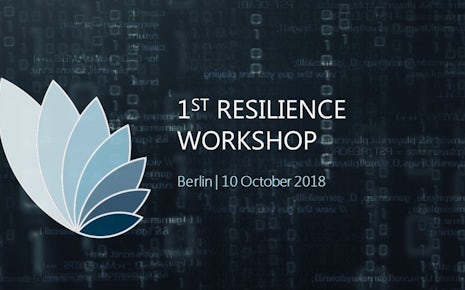EU Cyber Direct Project partners Stiftung Neue Verantwortug (SNV) and The German Marshall Fund (GMF) together with Keio University organised a workshop on “EU-Japan Joint Responses to Malicious Cyber Activities”. The workshop was held at Keio University in Tokyo, Japan on 10 December 2019.
EU-Japan’s cooperation on resilience, confidence building, and international norms in cyberspace is based on shared values and matching threat perception. The EU and Japan have implemented different actions to prevent, detect, and react to malicious cyber activities and having embedded those measures in overall cybersecurity and defence strategies (i.e. the EU Cyber Diplomacy Toolbox, the Blueprint for cyber crisis response, or Japan’s updated defence and cybersecurity strategy). The Strategic Partnership Agreement between the EU and Japan which was concluded in December 2018 identified cybersecurity as one of the areas for deeper security cooperation. While both sides recognise the risks posed by malicious activities in cyberspace, the discussions about possible joint responses in the case of high impact cyber incidents affecting Japan, the EU or both are in their infancy. Consequently, this workshop focused on discussing modalities for possible joint EU-Japan responses and testing them based on the experiences learnt from “WannaCry”. The guiding question for the cyber workshop was “How can the EU and Japan jointly respond to malicious cyber activities?”.
Specific objectives of the workshop included:
- To increase understanding of responses to prevent, detect and react to malicious cyber activities that are available to the EU and Japan;
- To identify common concerns, goals of responses, response mechanisms and challenges for joint EU and Japan response;
- To discuss joint responses and their possible effects and limitation using different scenarios
Additional issues that were addressed during the meeting included discussions on the threat landscape, goals, mechanisms, roles and central challenges of joint responses. Each session was built around interventions of two input speakers from European and Japan respectively.
Overall 50 Japanese and European experts from academia, tech, government private sector and think tanks attended the event.
- Follow us on Twitter @EUCyberDirect
- Join the conversation on cyber diplomacy on Twitter using #EUCyber

